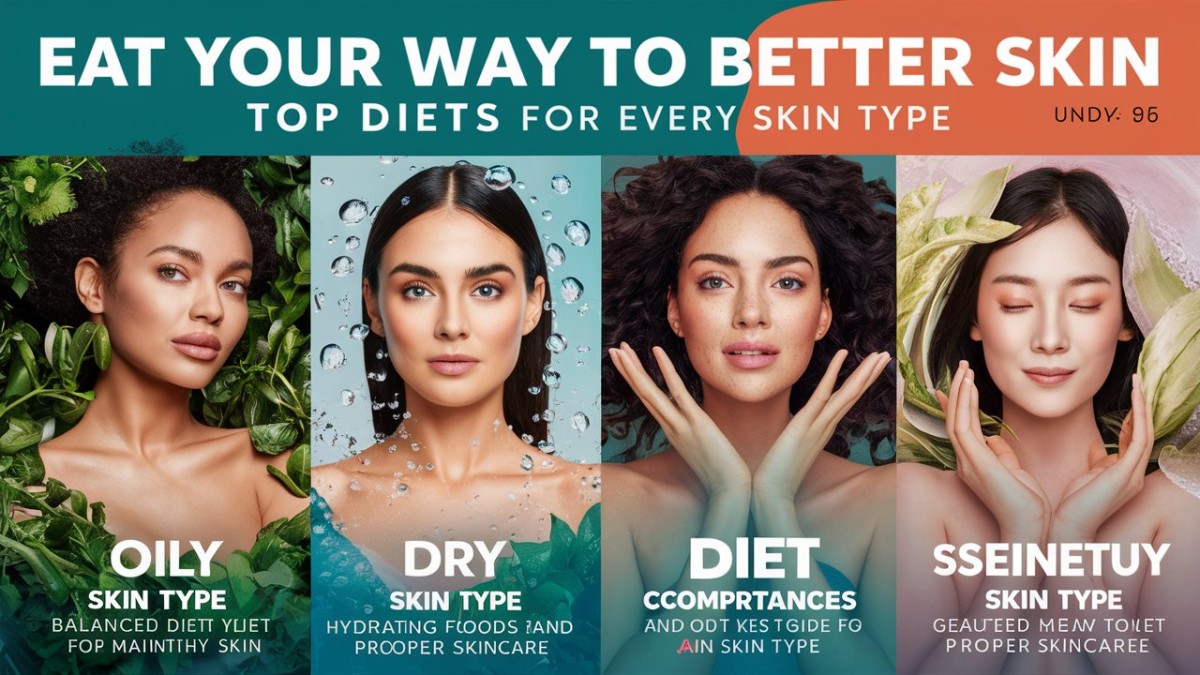You might be thinking that using the right skincare products is only the option for glowing skin.
You are wrong! Because along with that diet also plays a key role in giving you such a youthful glow as the celebrity you adore has.
No doubt that cosmetic brands are a great help to boost your skincare, and a wise right diet is also necessary. So this blog is a way for you to explore the best diets for different skin types.
Oily Skin
If your forehead and nose are filled up with oil when you wake up in the morning, that’s due to an excess of sebum production. For that reason, people with oily skin may experience acne and a shiny appearance. So to manage oily skin you need to focus on a diet that helps balance oil production and reduces inflammation. Here are the foods to include and avoid while having oily skin:
Foods to Include |
Foods to Avoid |
|
Green leafy vegetables(Spinach, Kale) |
Sugary Foods (Candy, Soda) |
|
Omega-3 Fatty Acids (Salmon, Walnuts) |
Refined Carbs (White Bread, Pastries) |
|
Fried Foods (French Fries, Chips) |
|
|
Berries (Blueberries, Strawberries) |
High-fat dairy (Cream, Cheese) |
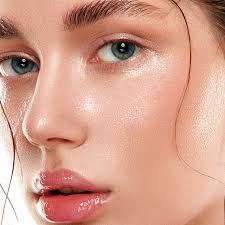 As you have oily skin you are advised to include Green leafy vegetables such as spinach and kale because they have a good quantity of vitamins and antioxidants that play a key role in regulating oil production by reducing inflammation. And next, as you suggested Omega-3 fatty acids, found in fatty fish and walnuts, are known to improve skin texture by controlling acne issues. Whole grains are also associated with reducing excess sebum production. And now how berries are helpful? They are rich in antioxidants that reduce inflammation and oxidative stress, which are common in oily skin. The foods that need to be avoided are associated with increased oil production, worsen oiliness, and contribute to acne. So if you are someone having oily skin these tips can be best helpful for you to have acne-free skin with a youthful complexion.
As you have oily skin you are advised to include Green leafy vegetables such as spinach and kale because they have a good quantity of vitamins and antioxidants that play a key role in regulating oil production by reducing inflammation. And next, as you suggested Omega-3 fatty acids, found in fatty fish and walnuts, are known to improve skin texture by controlling acne issues. Whole grains are also associated with reducing excess sebum production. And now how berries are helpful? They are rich in antioxidants that reduce inflammation and oxidative stress, which are common in oily skin. The foods that need to be avoided are associated with increased oil production, worsen oiliness, and contribute to acne. So if you are someone having oily skin these tips can be best helpful for you to have acne-free skin with a youthful complexion.
A study published in the Journal of Clinical and Aesthetic Dermatology found that antioxidants and omega-3 fatty acids can reduce acne severity by decreasing inflammation and regulating sebum production.
Dry Skin
So dry skin sufferers! You are fed up with rough and tight skin, right? That can also feel flaky and itchy. With these dietary tips and proper hydration, you can manage dry skin:
Foods to Include |
Foods to Avoid |
|
Avocados (Healthy Fats) |
Salty Foods (Chips, Pretzels) |
|
Nuts and Seeds (Almonds, Chia Seeds) |
Caffeine (Coffee, Energy Drinks) |
|
Sweet Potatoes (Beta-Carotene) |
Alcohol (Beer, Wine) |
|
Coconut Water (Hydration) |
Sugary Foods (Cakes, Cookies) |
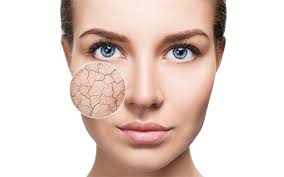 Your main goal should be to increase moisture retention in your skin, for that reason avocados should be a part of your diet as they nourish your skin by preventing moisture loss. And then the nuts and seeds that we've mentioned will help you to support skin hydration and prevent dryness which is a must for people with dry skin. Next sweet potatoes need to be discussed in depth because they are a rich source of beta carotene that is converted into vitamin A which best supports skin cell production and repair. As we all know coconut water is recommended by most dermatologists as they are rich in electrolytes for hydration purposes. Next salty foods dehydrate your body, caffeine and alcohol are reported to dehydrate as they are diuretics that increase urine production by dehydrating you. Lastly, sugary foods should be avoided because they are one of the reasons for moisture loss and skin damage so stay away from those sugary foods for manageable dry skin. You can try the best moisturizers for dry skin along with the right diet.
Your main goal should be to increase moisture retention in your skin, for that reason avocados should be a part of your diet as they nourish your skin by preventing moisture loss. And then the nuts and seeds that we've mentioned will help you to support skin hydration and prevent dryness which is a must for people with dry skin. Next sweet potatoes need to be discussed in depth because they are a rich source of beta carotene that is converted into vitamin A which best supports skin cell production and repair. As we all know coconut water is recommended by most dermatologists as they are rich in electrolytes for hydration purposes. Next salty foods dehydrate your body, caffeine and alcohol are reported to dehydrate as they are diuretics that increase urine production by dehydrating you. Lastly, sugary foods should be avoided because they are one of the reasons for moisture loss and skin damage so stay away from those sugary foods for manageable dry skin. You can try the best moisturizers for dry skin along with the right diet.
A review in the Journal of Dermatology and Clinical Research emphasized the importance of healthy fats and vitamins in maintaining skin hydration and preventing dryness.
Combination Skin
It's quite a tough moment for people with combination skin because all the focus and products focus on dry and oily skin making it harder for people with combination skin to find the right skincare. So as you have both oily and dry areas, often with an oily T-zone and drier cheeks this dietary approach can help you to best manage your skin more effectively:
Foods to Include |
Foods to Avoid |
|
Lean Proteins (Chicken, Tofu) |
Heavy Creams (Full-Fat Dairy) |
|
Green Tea (Antioxidants) |
Highly Processed Foods (Fast Food, Packaged Snacks) |
|
Citrus Fruits (Oranges, Lemons) |
Sugary Foods (Donuts, Pastries) |
|
Yoghurt (Probiotics) |
Sugary Foods (Candy, Soda) |
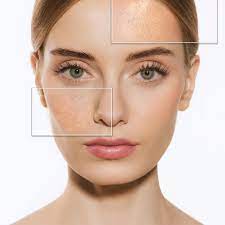 So as mentioned above a balanced approach is necessary for you to manage both oiliness and dryness in the skin. The incorporation of lean proteins helps you by providing amino acids that are essential for you to repair and maintain the skin without adding excess fat. Green Tea is to reduce skin inflammation and then vitamin C to boost collagen production by improving skin elasticity. The foods that are mentioned to avoid are known to negatively affect dry skin by irritating the dry patches.
So as mentioned above a balanced approach is necessary for you to manage both oiliness and dryness in the skin. The incorporation of lean proteins helps you by providing amino acids that are essential for you to repair and maintain the skin without adding excess fat. Green Tea is to reduce skin inflammation and then vitamin C to boost collagen production by improving skin elasticity. The foods that are mentioned to avoid are known to negatively affect dry skin by irritating the dry patches.
Research in the Journal of Clinical Medicine found that probiotics in yogurt can improve skin barrier function and reduce inflammation, beneficial for both oily and dry areas of combination skin.
Sensitive Skin
These are the people who need to be extra careful before trying out any new skincare products and even foods because their skin easily gets irritated by various environmental factors. So you need to select a diet that soothes skin inflammation by supporting skin barrier functions.
Foods to Include |
Foods to Avoid |
|
Oatmeal (Anti-Inflammatory) |
Spicy Foods (Hot Sauce, Chili) |
|
Salmon (Omega-3 Fatty Acids) |
Highly Processed Foods (Snack Foods, Fast Food) |
|
Bananas (Potassium, Hydration) |
Alcohol (Beer, Wine) |
|
Honey (Soothing Properties) |
Caffeinated Drinks (Coffee, Tea) |
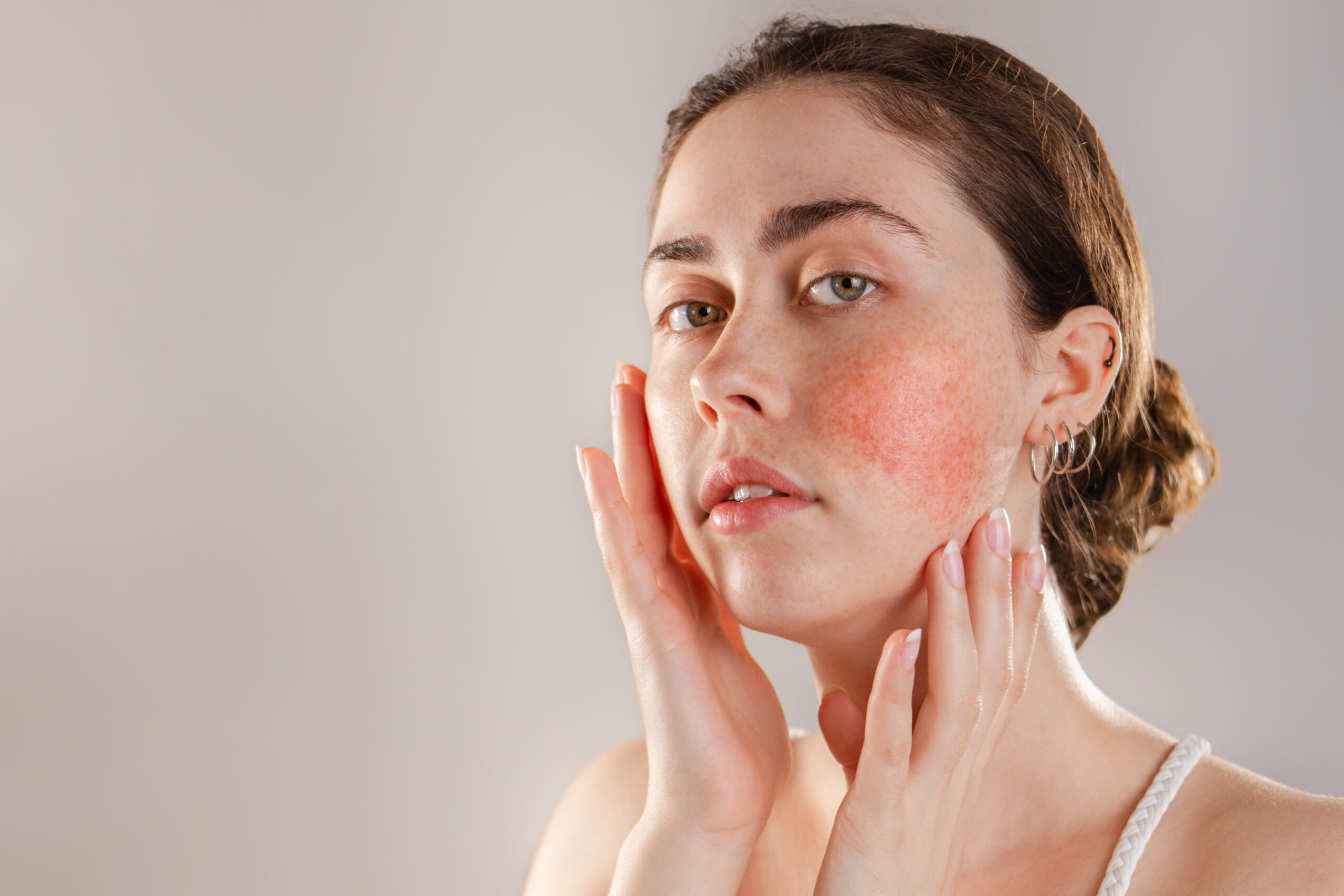 So the first one including oatmeal in your breakfast can help to maintain your skin barrier due to its anti-inflammatory nature and then salmon reduces redness and irritation on your skin. Honey is anti-inflammatory food, bananas provide hydration to the skin. The foods that are mentioned to be avoided are known to irritate the skin and trigger more skin reactions worsening your problem of sensitivity.
So the first one including oatmeal in your breakfast can help to maintain your skin barrier due to its anti-inflammatory nature and then salmon reduces redness and irritation on your skin. Honey is anti-inflammatory food, bananas provide hydration to the skin. The foods that are mentioned to be avoided are known to irritate the skin and trigger more skin reactions worsening your problem of sensitivity.
A study in the Journal of Dermatological Science highlighted the anti-inflammatory benefits of oatmeal in treating sensitive skin conditions like eczema.
Conclusion
So next time whenever you find yourself with any issues in your skin, you can solve them with the right food choices that we’ve mentioned. Also, this will help you to follow a proper dietary routine that can support both your skin and overall health. For any type of personalized guidance with your diet, you can consult with a dermatologist or a dietitian who can help you with the best tips for healthy and glowing skin.
Read more on skincare.

